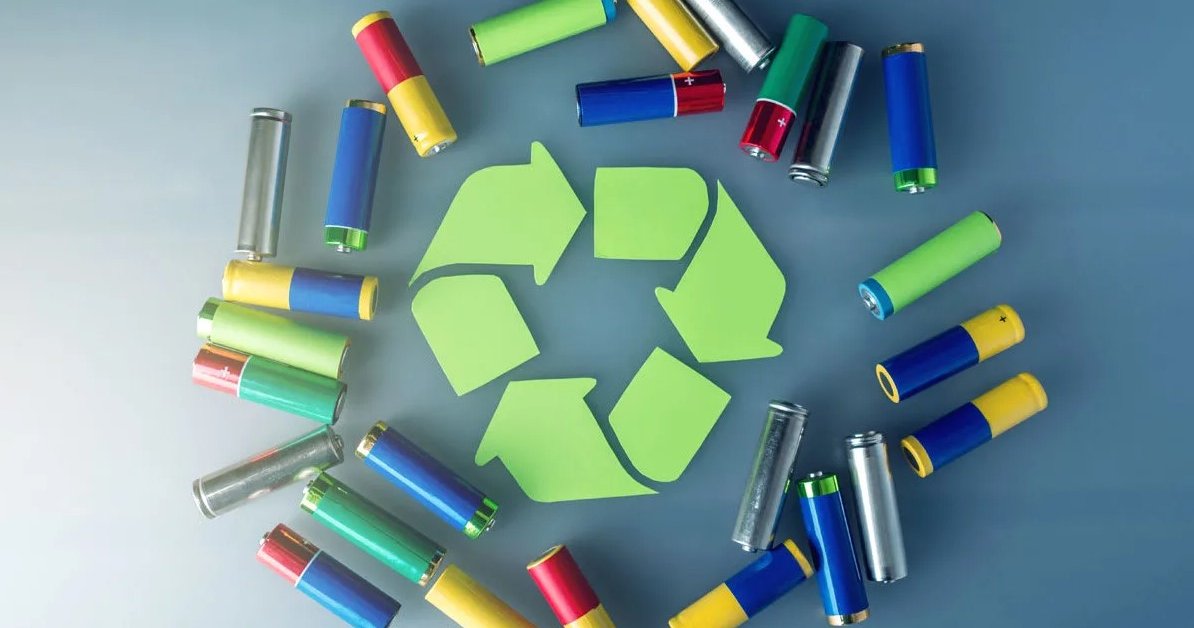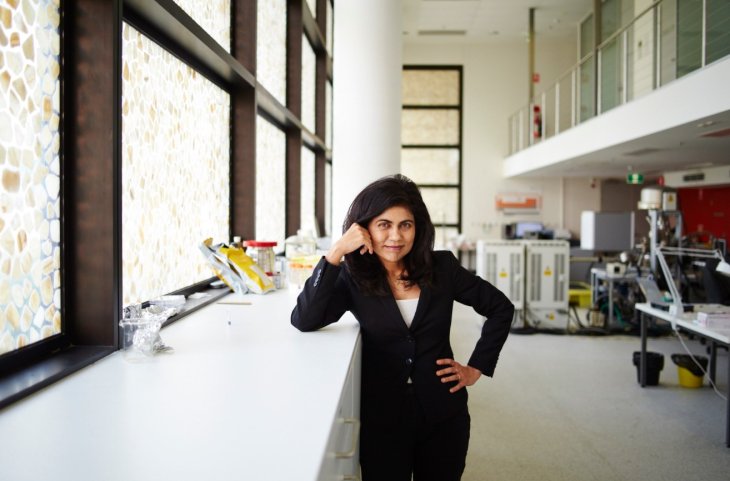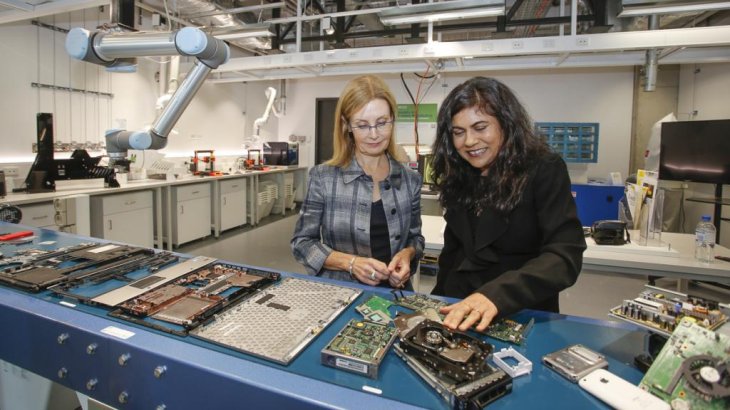Indian-Origin Researcher Receives $3.3 Million For Battery Waste Management
Vaibhav Kapadia - Sep 23, 2019

Veena Sahajwalla, an Indian-origin professor, has been awarded $3.3 million grant to transform waste and resource recovery industry.
- Don't Throw Away Old Batteries Because They Can Be Changed Into Fertilizer!
- Genius Do-It-Yourself Projects Made By Engineers
- This Graphene Battery Can Fully Charge In Just 20 Minutes While Others Take 90
An Indian-origin researcher from UNSW (University of New South Wales), has been given a grant worth $3.3 million for managing the battery waste to expand the manufacturing capabilities.
The leader of the research hub will be Professor Veena Sahajwalla. She is also the Founding Director of Centre for SMaRT at the University of New South Wales.

As UNSW stated before, another research hub will be led by Professor Rebecca Guy. She is an outstanding epidemiologist who is working at the UNSW Medicine and Kirby Institute. The project focuses on developing an integrated pharmaceutical and diagnostic approach for antibiotic resistance. About $5 million has been given as a grant for this research.
In conclusion, the UNSW in Sydney has been awarded a sum of $8.3 million grant this year from ARC and ITRP. The money is funded in 5 years to deal with two demanding challenges: antimicrobial resistance as well as issues on global waste and recycling
Dan Tehan, the Minister for Education implied that this research hub investment is for broadening our knowledge as well as finding out the best solutions that can not only benefit Australians but also improve the capacity of industrial sectors and UNSW.
Professor Sahajwalla's team will be working with Molycop-mining manufacturer as well as other industry partners to bring about new information about waste reactions at high temperature. Information about transforming waste into different valuable products and materials such as carbon, oxides or metallic alloys, using selective synthesis techniques will also be delivered.

The Professor stated that if we wanted to reduce our dependence on finite resources, which are running out quickly, we should start changing our attitudes towards materials we have created, produced, used, and discarded, to view them as renewable resources.
Thanks to the industry contributions, the project has received another $2.6 million.
The professor also believes that the supply chains and manufacturing industry can be boosted dramatically once the waste materials can be transformed. In other words, this battery waste work would assist in creating circular economies.
Featured Stories

Features - Jan 29, 2026
Permanently Deleting Your Instagram Account: A Complete Step-by-Step Tutorial

Features - Jul 01, 2025
What Are The Fastest Passenger Vehicles Ever Created?

Features - Jun 25, 2025
Japan Hydrogen Breakthrough: Scientists Crack the Clean Energy Code with...

ICT News - Jun 25, 2025
AI Intimidation Tactics: CEOs Turn Flawed Technology Into Employee Fear Machine

Review - Jun 25, 2025
Windows 11 Problems: Is Microsoft's "Best" OS Actually Getting Worse?

Features - Jun 22, 2025
Telegram Founder Pavel Durov Plans to Split $14 Billion Fortune Among 106 Children

ICT News - Jun 22, 2025
Neuralink Telepathy Chip Enables Quadriplegic Rob Greiner to Control Games with...

Features - Jun 21, 2025
This Over $100 Bottle Has Nothing But Fresh Air Inside

Features - Jun 18, 2025
Best Mobile VPN Apps for Gaming 2025: Complete Guide

Features - Jun 18, 2025
A Math Formula Tells Us How Long Everything Will Live
Read more

Mobile- Feb 16, 2026
Xiaomi Launches Affordable Tracker to Compete with Apple's AirTag
For users tired of ecosystem lock-in or high prices, the Xiaomi Tag represents a compelling, no-frills option that delivers core functionality at a fraction of the cost.

ICT News- Feb 18, 2026
Google's Project Toscana: Elevating Pixel Face Unlock to Rival Apple's Face ID
As the smartphone landscape evolves, Google's push toward superior face unlock technology underscores its ambition to close the gap with Apple in user security and convenience.

Mobile- Feb 17, 2026
Anticipating the Samsung Galaxy S26 and S26+: Key Rumors and Specs
The Samsung Galaxy S26 series is on the horizon, sparking excitement among tech enthusiasts.
Comments
Sort by Newest | Popular